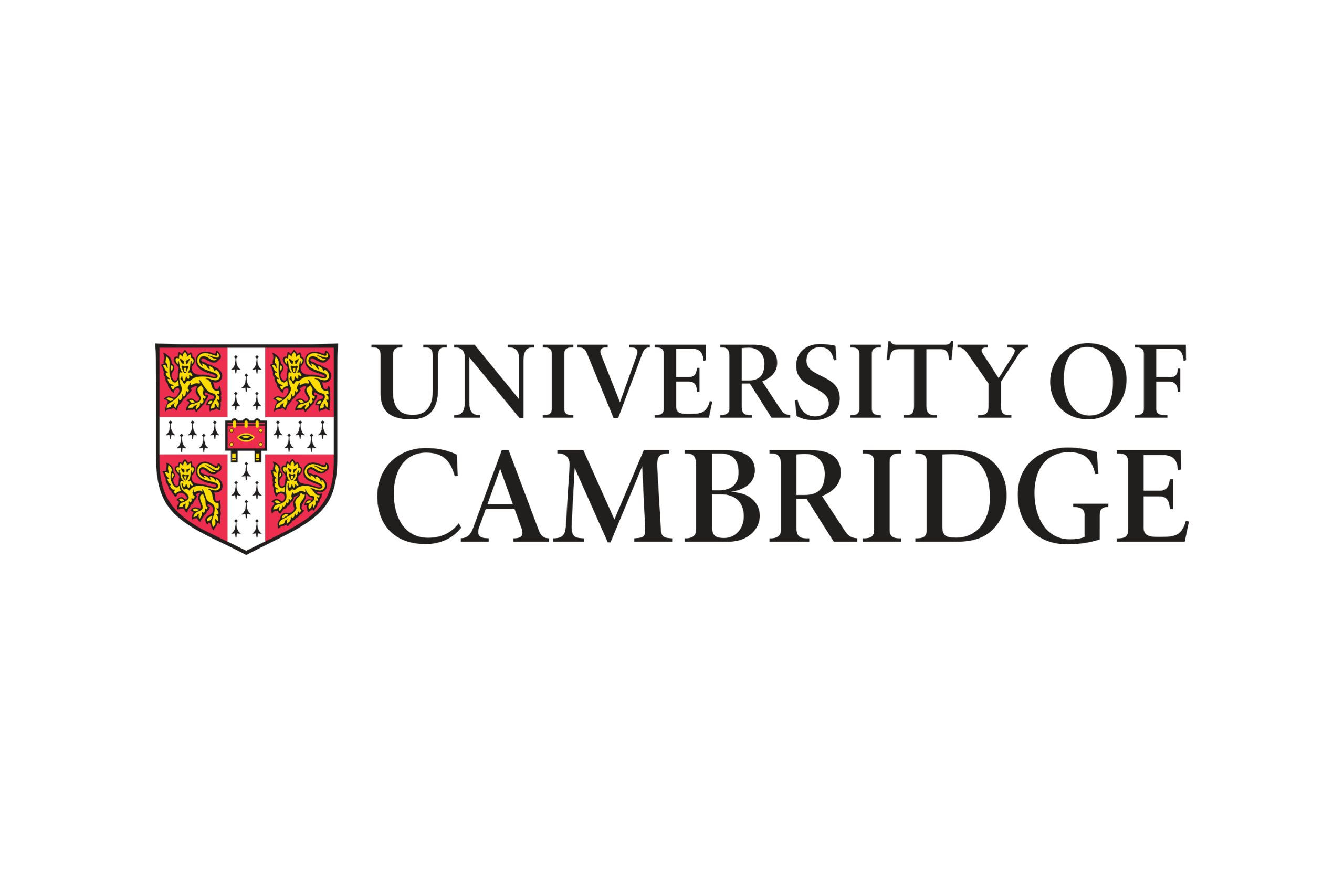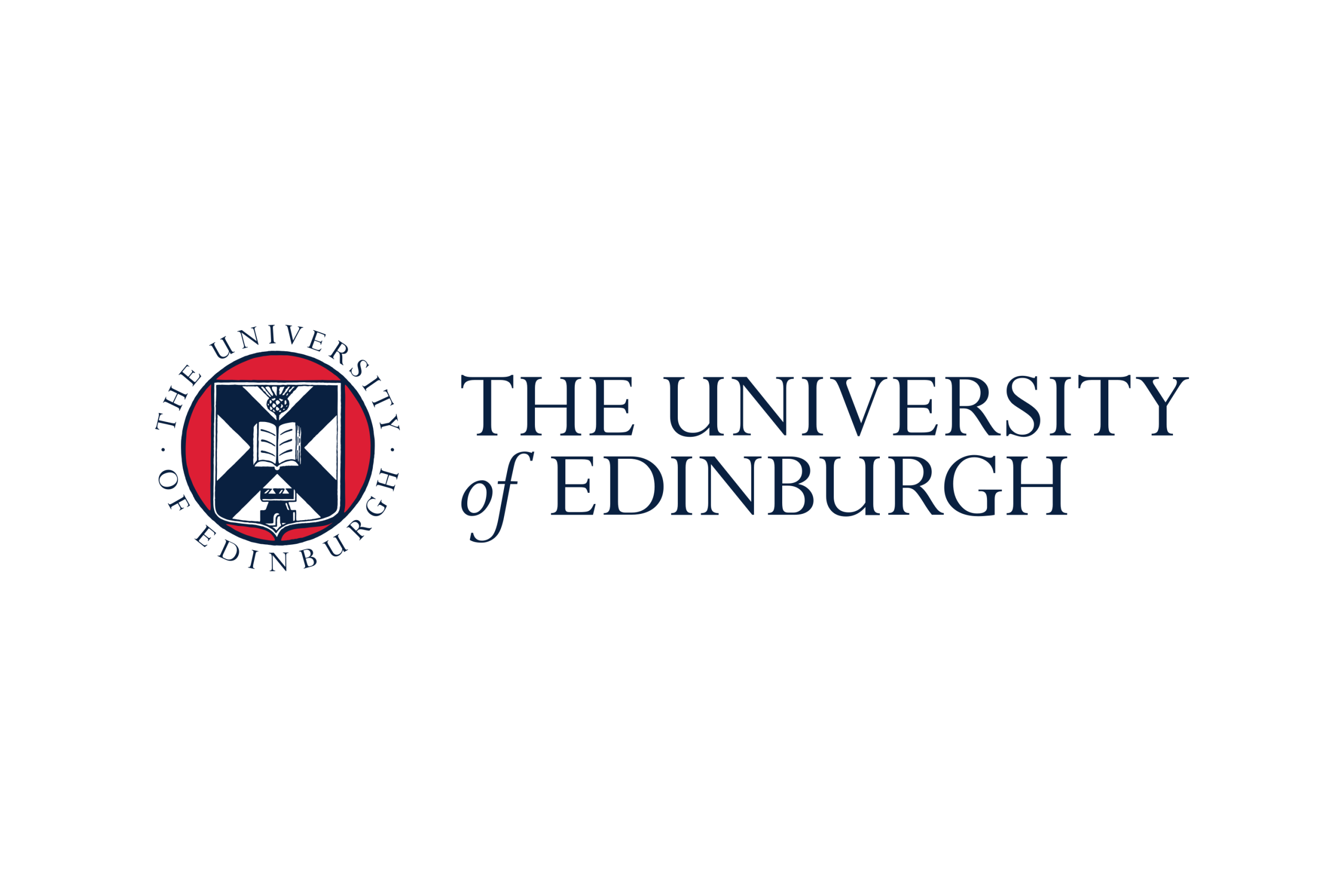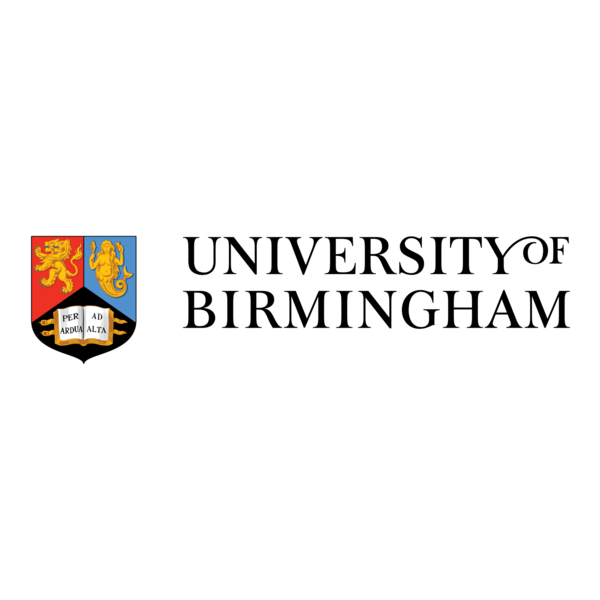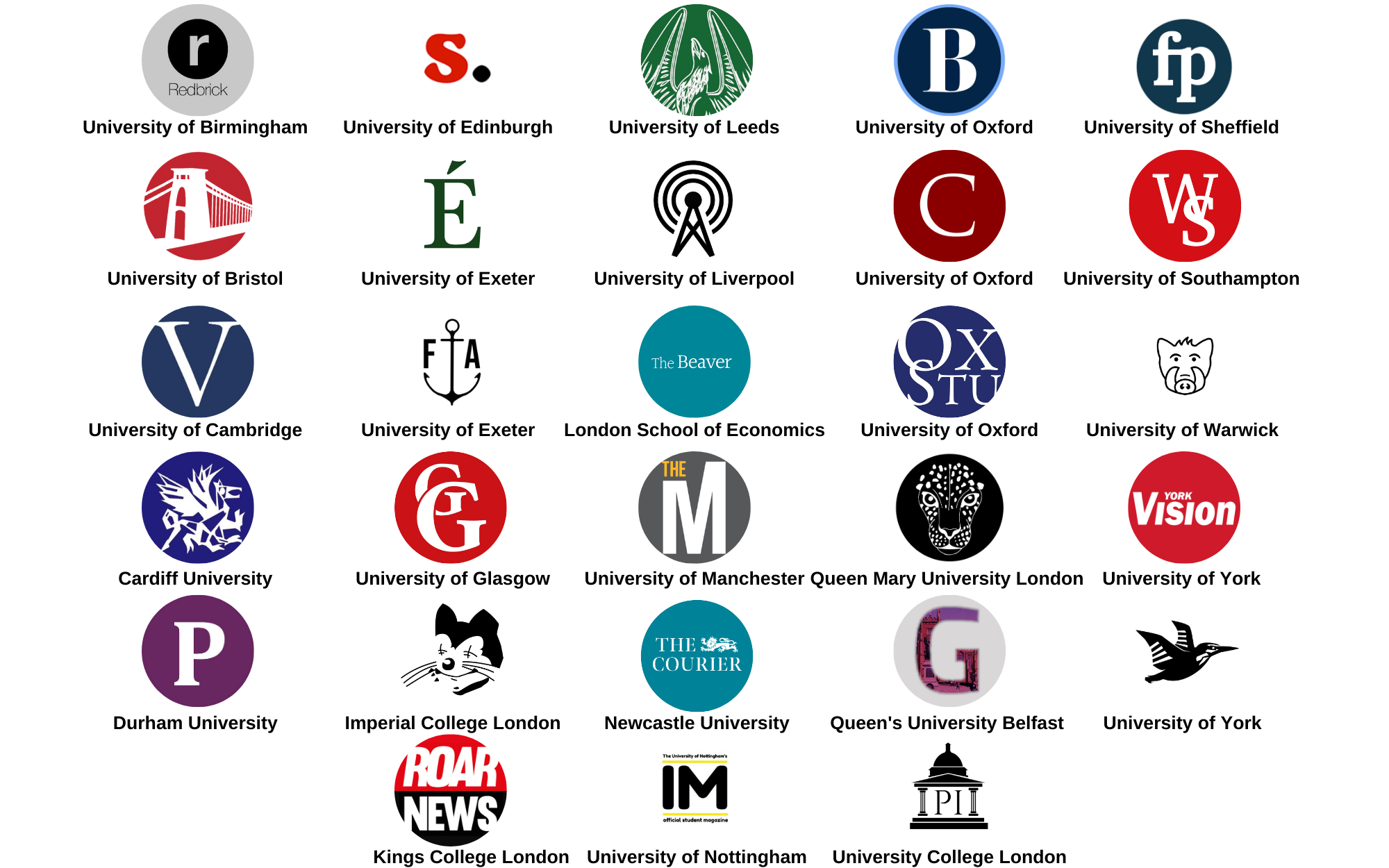If you’re wondering how to get into University of Exeter, you’re not alone!

Why Choose University of Exeter?
The University of Exeter stands out as one of the UK’s most prestigious universities.
Here’s why thousands of students choose Exeter every year:
| Feature | Details |
| Global Ranking | Top 150 worldwide (QS 2024) |
| Student Population | Over 30,000 students from 150+ countries |
| Campuses | Streatham, St Luke’s (Exeter), Penryn, Truro (Cornwall) |
| Russell Group | Member of the elite Russell Group of UK universities |
| Graduate Employability | 93% employment or further study rate |
| Research Excellence | 98% of research rated as world-leading or internationally excellent (REF 2021) |
Fun Fact: The Streatham Campus is often called the “garden campus” due to its lush botanical gardens, lakes, and green spaces. It’s considered one of the most beautiful university campuses in the UK!
Entry Requirements for International Students
Exeter welcomes students from all over the globe, but entry requirements can vary by country and course.
Here’s a breakdown for Indian and other international applicants:
Undergraduate Programs at University of Exeter
| Requirement | Details |
| Academic Qualification | 80–90% in Class XII (CBSE/ISC/State Boards) |
| English Proficiency | IELTS 6.5 / TOEFL 90 / PTE 58 |
| Subject Prerequisites | Required for STEM and select courses |
| Additional Tests | Some courses may require admissions tests or portfolios (e.g., Medicine, Art) |
Postgraduate Programs at University of Exeter
| Requirement | Details |
| Academic Qualification | Bachelor’s with 60–70% (First Class) |
| English Proficiency | IELTS 6.5–7.0 / TOEFL 90–100 / PTE 58–65 |
| GRE/GMAT | Required for some business courses |
| Work Experience | Recommended for MBA and select programs |
Tip: Always check the specific course page for detailed requirements, as some programs may have higher standards.
English Language Waivers
Some applicants may be eligible for English proficiency waivers if they have studied in English-medium institutions or meet certain criteria. Always check with the admissions office for the latest policy.
Application Process
Applying to the University of Exeter is a step-by-step process.
Here’s a detailed guide to help you navigate it smoothly:
| Step | Details |
| 1. Research Courses | Exeter Course Finder |
| 2. Prepare Documents | Transcripts, SOP, LORs, English test scores, passport |
| 3. Apply Online | UCAS for UG, University Portal for PG |
| 4. Pay Fees | Application fee: £20–£60 |
| 5. Interview | Some courses may require an interview |
| 6. Offer Letter | Conditional or unconditional offer |
| 7. Accept Offer | Pay deposit to secure your place |
| 8. Apply for Visa | Student visa application |
Required Documents Checklist
| Document | Undergraduate | Postgraduate |
| Academic Transcripts | ✔️ | ✔️ |
| Statement of Purpose (SOP) | ✔️ | ✔️ |
| Letters of Recommendation (LORs) | 1–2 | 2–3 |
| English Test Scores | ✔️ | ✔️ |
| Passport Copy | ✔️ | ✔️ |
| CV/Resume | Optional | Often required |
| Portfolio (if applicable) | For some courses | For some courses |
Fun Fact: Exeter’s online application portal allows you to track your application status in real time and upload additional documents as needed.
Key Deadlines at University of Exeter
It’s crucial to keep track of application deadlines to avoid missing out on your preferred intake.
| Intake | Application Opens | Application Deadline |
| September | September (prev. year) | January 31 (UG via UCAS) |
| January | Rolling (PG) | Varies by course |
Note: Some scholarships have earlier deadlines, so plan ahead!
Important Dates for 2025 Entry
| Event | Date |
| UCAS Deadline (UG) | January 31, 2025 |
| PG Application Priority | March–May 2025 |
| Scholarship Deadlines | December 2024–March 2025 |
| CAS Issuance (for Visa) | June–July 2025 |
| Course Start (Main Intake) | September 2025 |
Popular Courses at University of Exeter
Exeter offers a wide range of programs across disciplines.
Here are some of the most sought-after courses for international students:
| Course | Duration | Annual Tuition Fee (£) |
| MSc Data Science | 1 year | 25,000 |
| MBA | 1 year | 30,000 |
| BSc Environmental Science | 3 years | 23,000 |
| LLM International Law | 1 year | 21,000 |
| BEng Civil Engineering | 3 years | 24,500 |
| MSc Artificial Intelligence | 1 year | 25,500 |
| BA Business and Management | 3 years | 21,500 |
Fun Fact: The University of Exeter’s Business School is triple-accredited (AMBA, EQUIS, AACSB), placing it among the top 1% of business schools worldwide.
Scholarships for International Students
Exeter is committed to supporting talented students through a range of scholarships and financial aid options.
| Scholarship Name | Amount (£) | Eligibility Criteria |
| Global Excellence | 5,000–10,000 | UG/PG, academic excellence |
| Commonwealth Scholarship | Full/Partial | PG, Commonwealth nationals |
| Exeter India Scholarship | 5,000 | UG/PG, Indian nationals, merit-based |
| Chevening Scholarship | Full | PG, leadership potential, Chevening-eligible countries |
| Sports Scholarships | Up to 5,000 | Outstanding sporting achievement |
Tip: Apply early for scholarships, as funds are limited and competition is high.
You Might Also Like: How To Get Into London School of Economics and Political Science (LSE)
Additional Funding Opportunities
- Alumni Scholarships: For children of Exeter alumni.
- Subject-Specific Awards: E.g., STEM, Law, Business.
- External Scholarships: British Council, Inlaks, Tata, etc.
Student Life & Support at University of Exeter
Life at Exeter is vibrant, inclusive, and supportive.
Here’s what you can expect:
| Feature | Details |
| Accommodation | £600–£1,200/month, on-campus and private |
| Part-Time Work | Up to 20 hours/week during term |
| Student Societies | 300+ clubs, including Indian Society, Debating, Sports, Arts |
| Career Services | Internships, placements, job fairs, CV workshops |
| Health & Wellbeing | On-campus medical center, counseling, mental health support |
| International Student Support | Visa guidance, orientation, buddy programs |
Fun Fact: Exeter’s “Freshers’ Week” is famous for its themed parties, society fairs, and campus tours, helping new students settle in and make friends.
Cost of Living in Exeter
| Expense | Monthly Cost (£) |
| Accommodation | 600–1,200 |
| Food & Groceries | 150–250 |
| Transport | 40–60 |
| Miscellaneous | 100–200 |
| Total (approx.) | 900–1,700 |
Acceptance Rate & Stats at University of Exeter
| Stat | Value |
| Acceptance Rate | ~20% |
| Indian Students (2024) | 800+ |
| Graduate Employability Rate | 93% |
| International Students | 7,500+ |
| Student Satisfaction | 87% (NSS 2024) |
| Female:Male Ratio | 54:46 |
Fun Fact: Exeter is ranked among the top 15 UK universities for student satisfaction and campus experience.
Need Personalized Help?
With careful planning, a strong application, and the right support from Admitix, you can unlock your dream of studying at Exeter.
Start today!
FAQs
A. Most courses require IELTS 6.5 overall, but some may need 7.0.
A. Yes, you can apply with predicted grades and submit final results later.
A. Fee waivers are rare but may be available for select postgraduate programs.
A. Yes, many courses offer internships or placement years.
A. Typically 4–8 weeks after submitting a complete application.

























